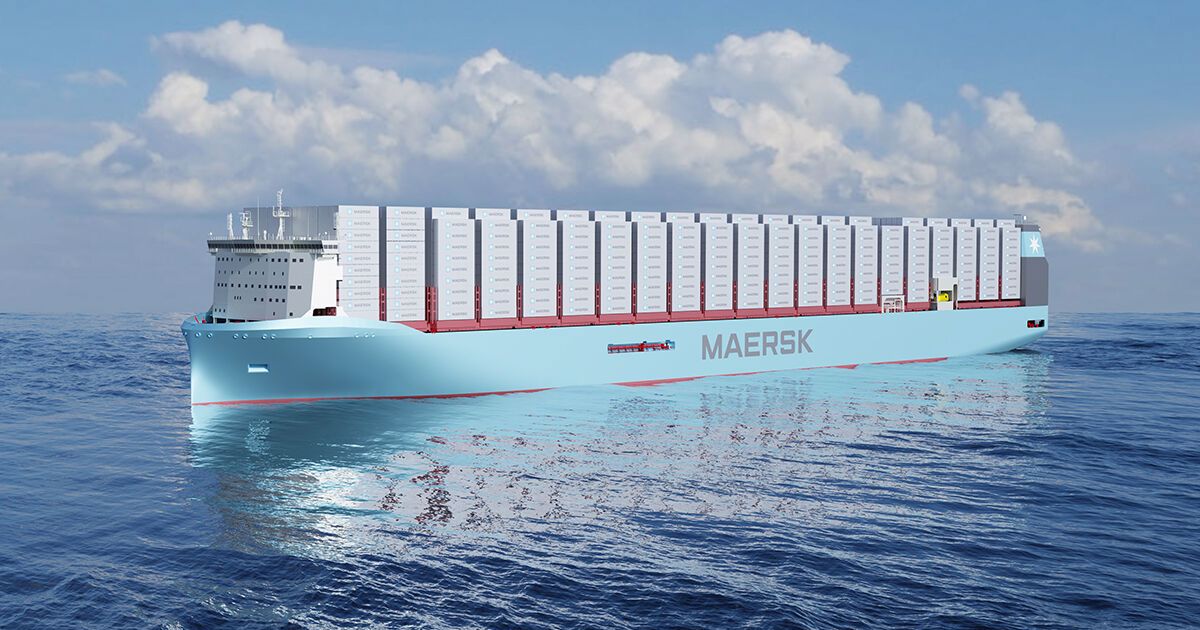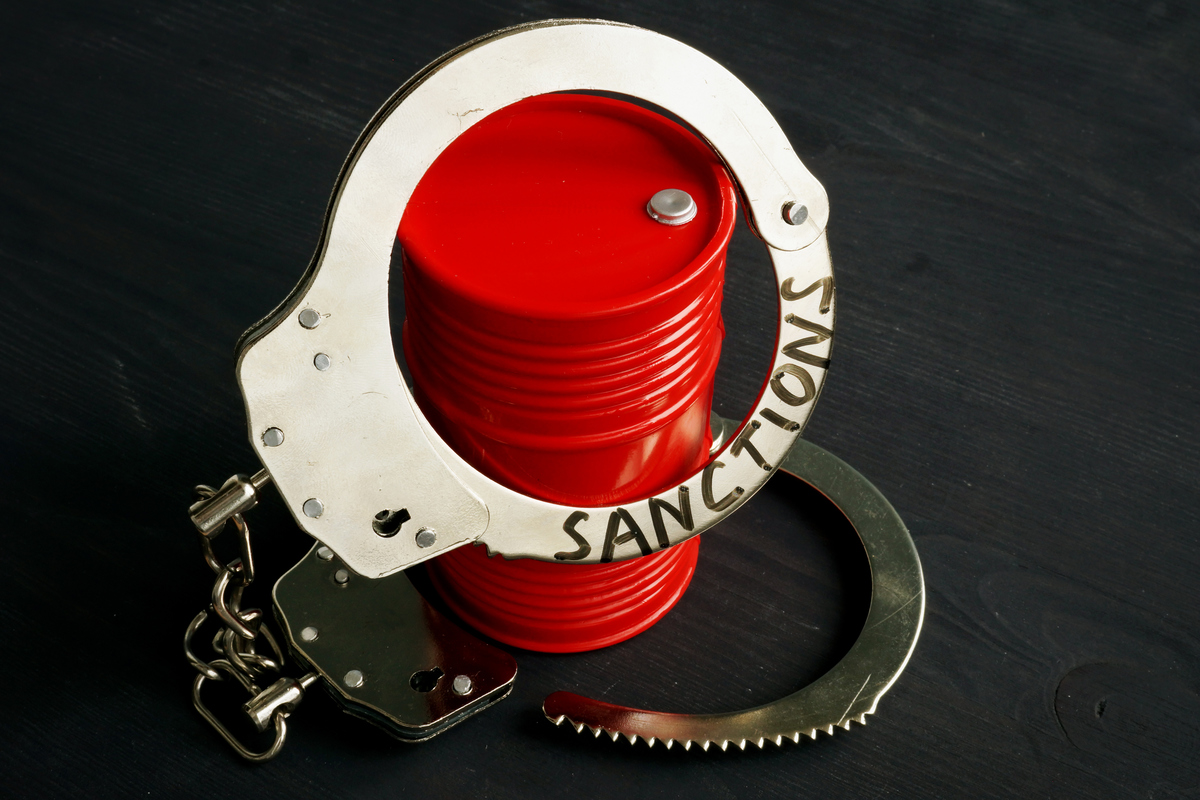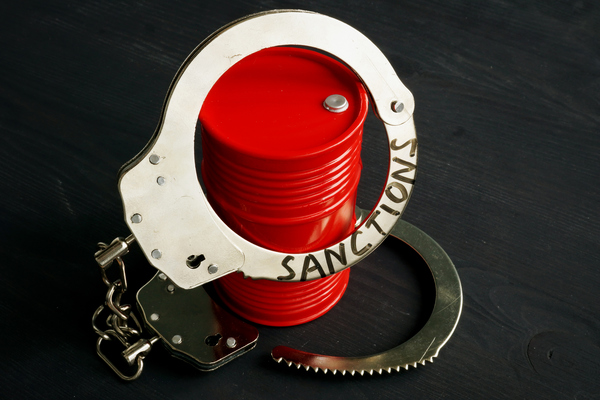ICS proposes ‘fund & reward’ to expedite transition to green fuel bunkering
The International Chamber of Shipping (ICS), which represents international merchant shipowners, has proposed a ‘fund and reward’ market-based measure to accelerate the use of alternative fuels in shipping.

PHOTO: Model of Maersk's 17,000 TEU methanol-powered container ship. A.P. Moller-Maersk 2
The shipping body has proposed this measure in a paper to the International Maritime Organization (IMO),
The new system could be implemented by 2024 to reward 'first movers' who use low-emission fuels if governments agree on the regulatory framework at the IMO, it says.
ICS argues that ships must make a mandatory 'flat fee contribution' to the IMO’s climate fund, per tonne of carbon dioxide (CO2) they emit. The fund will be used to reward ships based on annual CO2 emissions reduced by them through using "eligible alternative fuels" such as hydrogen derivatives or synthetic biofuels.
This system will help to close the price gap between conventional fuel oil and zero-carbon fuels, ICS says.
“We must narrow the significant price gap of new, very expensive, alternative fuels to accelerate their production and uptake so that we reach a take-off point by 2030 on our pathway to net zero by 2050,” ICS’s secretary general Guy Platten says.
The proposal will be discussed after COP 27 on 6-18 November in Egypt. This will be ahead of the next IMO Marine Environment Protection Committee (MEPC 79) in London in December.
ICS analyses the carbon levy impact on the shipping sector
A detailed impact assessment undertaken by Clarksons Research explores the impact of the following amounts of mandatory flat rate contribution per tonne of CO2 emissions. This includes a levy of $100/mt of CO2 as proposed in documents MEPC 76 & MEPC 77.
- $25/mt of CO2 (equivalent to $78.5/mt of fuel oil)
- $50/mt of CO2 ($157/mt of fuel oil)
- $100/tonne of CO2 ($314/tonne of fuel oil)
- $200/mt of CO2 ($628/mt of fuel oil)
- $400/mt of CO2 ($1,256/mt of fuel oil)
As an example, the assessment states that “based on bunker prices in January 2022 for very-low sulphur fuel oil (VLSFO) bunkered in Singapore, the impact would range from a 12% increase in fuel costs under a $25 levy for CO2 to a 186% increase under a $400 levy. A flat fee of $100/mt will represent a cost increase of about 47% compared to January 2022 prices.”
Negative implications of the carbon levy include increased freight rates, the cost of delivered cargo, and consumer prices. Nonetheless, a financial contribution of almost $100/mt of CO2 emitted would not disproportionately negatively impact state economies.
Contributions could be initially set very low, then re-evaluated after every 5 years as new fuels become available in significant quantities, ICS says.
ICS chairman Emanuele Grimaldi believes that to achieve net zero by 2050, alternative fuels must become available in significant quantities on a commercial basis “no later than about 2030.”
By Konica Bhatt
Please get in touch with comments or additional info to news@engine.online






